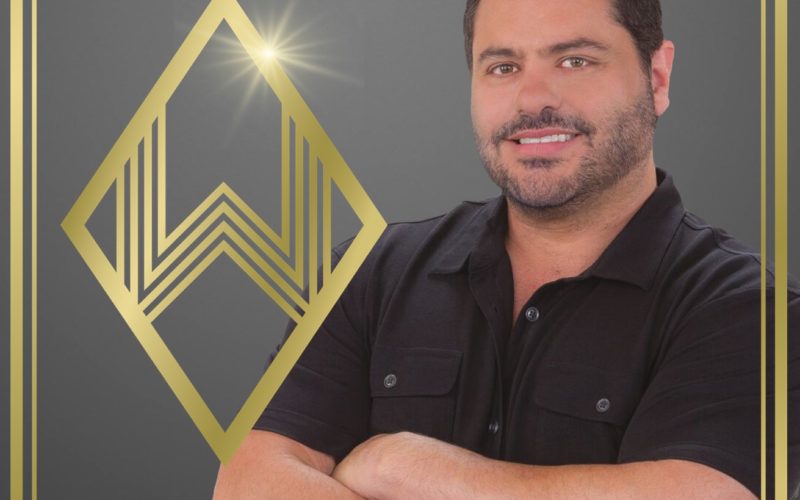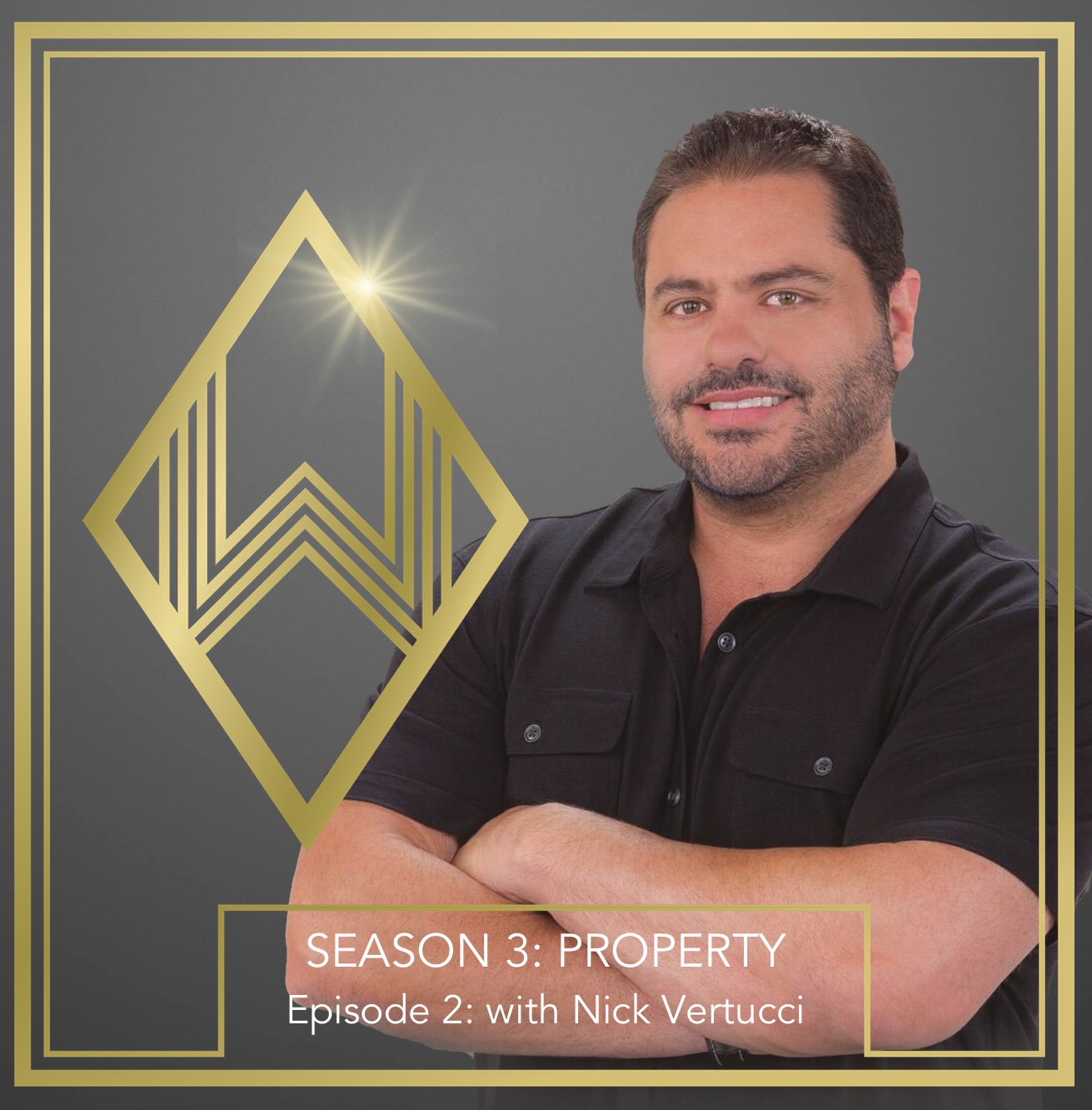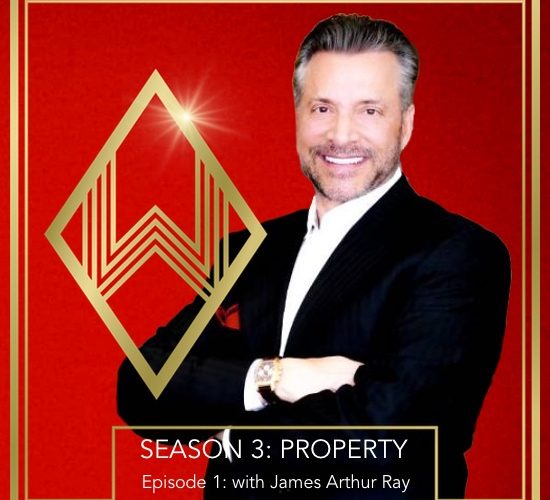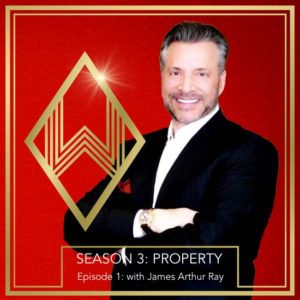Will The Economy Rebound? With Jason Hartman
Podcast: Play in new window | Download
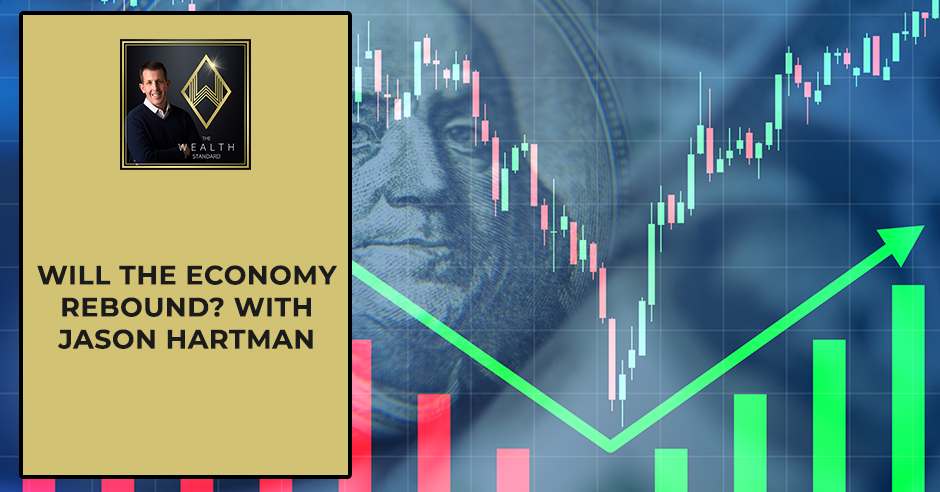
The COVID-19 pandemic has undeniably thrust us into very unfamiliar ground. Economies are crumbling; systems are collapsing; the future remains unknown and unpredictable. With all these things happening, some of the most significant questions anyone wants to know are: Will things go back to normal? Will the economy rebound? In this episode, Patrick Donohoe brings Jason Hartman, the founder of the Platinum Properties Investor Network and host of The Creating Wealth Show, to help him answer this pressing question. They talk about what is going on in the economy and where investors fit in the picture, covering the good, the bad, and the ugly. On to the side of the consumers, Patrick and Jason then tap into life insurance companies and the effects of media in this time of the pandemic.
—
Watch the episode here:
Listen to the podcast here:
Will The Economy Rebound? With Jason Hartman
I hope you are safe. I hope you’re enjoying paying attention to everything that’s going on. It’s quite a world in a society that we live in. I decided to go online and research some of the most frequently asked questions through Google as it relates to the topic of The Wealth Standard, which typically revolves around investments, finance, and entrepreneurship. There was a question that surprised me, so I wanted to have a good friend of mine, Jason Hartman. He’s the Host of Creating Wealth Show as well as 7 or 8 other podcasts. This guy is definitely busy.
I had Jason on because Jason is informed. He thinks outside of the box and I thought it was a great discussion. The question is, “Will things go back to normal? Will the economy rebound?” This episode is a little bit shorter. We spent a few minutes on that and I think it’s going to give you some decent insight into what’s going on in the economy. I’m going to reserve some additional commentary of my own for after the show. If you feel so inclined, go ahead and stick with me until then. We have a ton of resources available on the website and we’re adding more. We have a couple of things that are in the works that I’m excited about. Check that out. There are a couple of free courses as well as other material that’s important to me that I feel will bless you and impact the way you do business and enjoy life. This is my interview with Jason Hartman.
—
Jason, there’s a question that I’m seeing more and more and it’s understandable because of the environment that we’re in. It’s, “Why the economy will rebound or not?” I think there are sentiments and signals pointing to it not rebounding, but also rebounding. What are your thoughts on that?
Free speech is incredibly important, but the mainstream media has been telling free lies in many ways. Share on XI think we are in a time where we are going to see the square root recovery or the modified square root recovery. Everybody’s talking about, “Is it going to be a U-shaped recovery with a long valley or is it going to be a V that went down pretty hard and we’re going to come back pretty quick?” Things aren’t coming back. It’s nice to see that faster than I thought, but ultimately, what we’re going to see this type of recovery is going to be square root sign. It goes along, it goes down, then it goes up. It’s up higher. The modified square root is it’s going along, goes down with the pandemic, comes up, but it comes up lower and that’s the recovery we’re going to see. I think we are waking up and we’re just barely waking up to it. This is not just the US. The whole world is going to wake up to a smaller economy than it had before. However, the good news is that there are lots of opportunities for investors, even in that environment with the mass migration to suburbia and all of that stuff we’ve talked on our mutual show.
The other thing is that there are a lot of efficiencies being created in the economy. We don’t know how efficient that’s going to make us, but it’s pretty good. We both were talking about how much more efficient we can be not traveling. That’s terrible for the airline industry, hotel industry and many other industries that are related. For business people, you can get a lot more stuff done when you stay put. That’s the efficiency of remote work, extremely efficient. A lot of new technologies have come up with the needs of remote workers. There are a lot of efficiencies being created too. Will that overcome the disasters that are being created? I don’t know. We’ll see.
I look at the rebound and it begs the question, “Rebound to what?” Is it the rebound to what was before? I don’t think so. In a sense, as you alluded to, it is going to be better but right now, it is in-between when something happens that causes plans or assumptions to not work anymore. What humanity does in times of need, which is innovative, figure out ways of doing things differently. It’s usually better. The outcome of traveling is, “I need to meet with this person. I need to get this deal done. I need to go visit somebody or I need to X, Y, Z.” People are figuring out other ways to do that.
In a sense, more efficient ways to do that. That’s the genius of humanity is they always rebound. Will the economy rebound? Not to the same degree, I don’t think, but humanity will rebound. It’s times like these, especially the extreme nature of what happened, the shutdown and then we have protests and rights. There are a lot of extreme things going on. I believe that it’s the yin and yang. The more extreme, on the other side of the spectrum, it’s going to grow too. It will be interesting to see how it all plays out.
Necessity is the mother of invention and that has certainly been showing a lot lately. No question about it.
I miss seeing you. I miss hanging out with you.
We’re doing it but it is not the same. There’s no question about it, but in a lot of ways, it does create a lot of efficiencies. Look at the size of the industries that have been hit hard from this, the layoffs, the bankruptcies, and the foreclosures that will come out of this. It’s significant. There are some areas of the economy there, interestingly, very insulated. The low-cost necessity housing in my world is insulated. It’s interesting about your business though, which is unique, insurances. It’s one of the most unique industries in the world because it has this unique characteristic, a negative cost of capital. You paid for it before you get it. With most things, you get it and then you pay for it or you pay for it at the same time you get it. In insurance, you pay for it first. Insurance companies have an interesting thing. You’re on the life insurance side, but other insurance is going to be hugely hit. With the civil unrest and all the damage and all those insurance claims, all the business interruption claims from that, but previously COVID and continuing COVID. The insurance industries got to be pretty hard hit from that, but I don’t know about life insurance. Your business is good through all this.

Economy Rebound: The whole world is going to wake up to a smaller economy than it had before. However, the good news is that there are lots of opportunities for investors.
The only barometer you have is when you look at history. They have been able to thrive through some challenging times, World Wars, other epidemics, or pandemics. These industries have been around for a couple of hundred years. It’s similar to your industry where everybody needs a place to live. There’s a median part of the bell curve where that sits a lot of people, tens, or probably hundreds of millions of people.
They don’t need an expensive place to live in a city, but they do need a place to live.
It’s one of those things, whether it’s a building, a car or business interruption insurance, those are micro but from a life side of things, it’s macro because it is everybody and it’s life. These are circumstances that don’t have a huge impact on mortality. I have seen where it is more difficult from a health standpoint to go through and gets certain approval ratings and health ratings. At the same time, nothing else has been impacted. In fact, these are the times where these types of companies thrive because they have a lot of capital and they know how to make a good investment. I would say the best investments they’ve made in the past is when that investor behavior occur. When times are the worst is when they are typically ready to pull the trigger. They have dry powder to do that.
Do you monitor what life insurance companies are investing in? Is that something you look at? Tell us about that. That’s interesting because they used to have office space, office buildings, and shopping centers. Those are hard hit, the multifamily apartment side and they invest in that. If it’s not a high-rise, I think that’s going to do well. You have some social distancing opportunities and not have to go in elevators or garden style.
They’re institutional investors. The deals that they participate in are big. It’s not a one-off multifamily apartment. These are bigger buildings. It could be developments or land. The example I use quite often is one of the companies we work with purchased a huge parcel of land in Boston Harbor during 2000 or 2001. It was during those dot-com crash plus 9/11. They bought a huge plot of land for $100 million and have sold individual parts of that parcel for over a billion. There aren’t many people or companies that can write a $100 million check but insurance companies, these big mutual private companies can.
Have you seen any evidence of they’ve changed their focus that they’re more focused on housing versus shopping centers? It is because the shopping centers and office space will be hard hit, but housing is good. Other assets like the medical office would be pretty good. That will be the one office category that will probably be okay through this. Does it get that granular in your view of it?
Not usually. There are regulations as far as what they can invest in. How much of their portfolio based on the rating of the company because they’re all rated. There are a few different rating agencies similar to how publicly traded companies are rated. They take out debt. Insurance companies are also rated. Based on their size and based on their rating, it gives them some flexibility as far as where they can invest, but it’s regulated. In large part, they have safe assets. I have big positions in the debt of strong stable companies, but they own mortgages. These are mortgages usually on commercial properties and their LTVs are extremely low rates. There’s a default on the real estate that they own. That impacts how they’re rated and subsequently what they can invest in. They do release reports as far as their portfolio is concerned. You can see that on an annual basis.
Let’s flip to the other side of that equation though. What about the consumer side of it? Have you seen these life insurance companies? Are they being more strict from their underwriting criteria? Are they rejecting more applicants? Are they raising their prices for insurance? In other words, that’s a barometer of whether or not they think the risk is higher. What’s going on there?
First off, there are regulations around the mortality expenses. There’s a whole commission that does this, and they usually do it about every ten years. There was one done in 2017. There’s a regulation on that from that standpoint. However, there are different tiers of health that a person can be in and there are all sorts of different criteria. I’ve seen them adjusting those. If somebody is older and has some health conditions, that is something that is a high risk these days given COVID.
They increase the price and they’re declining more people, but the price is higher too?
Price is higher because of ratings. They can adjust how they rate somebody. We have a standard way in which mortality is measured, then you can have a substandard or above standard. The above standard gives you a little bit better rating, substandard gives you a worse rating. The actual standard, they don’t touch because that’s regulated, but the above and below standard, they can.
What else can you tell us about that?
It’s one of those things where it’s a sign that they know how to respond during difficult times. I would say from the economy rebounding or not rebounding, the companies that don’t have the experience of downturns are getting hurt or have overextended themselves. These are big companies. Starbucks announced that 500 locations are going away. Big companies are reacting to it because these events weren’t priced into their business model. Now that it’s there, you’re going to have a different way of doing business.
I’m not sure if wages are going to get hit or benefits are going to get hit. Companies are going to act differently because what’s priced into their business model is something like COVID or some Black Swan event that can come out of the leftfield and disrupt the entire world economy. It was interesting because I got a news flash and it was this guy that was in a silent retreat for 90 days and he just got out. I challenged my daughter because she was sitting next to me. I said, “If I’m that person, talk to me about what went on over the last 90 days.”
What’s amazing is the time perception for all of us, the entire world has changed so much because the news was coming at us quickly. With the civil unrest at the time, the reopenings were starting. It’s crazy. Do you realize the biggest news story of 2020? We thought it could have been what was going on in January. It was the Australian wildfires. Nobody is even thinking about that. Right before that were the Amazon wildfires. That’s out of our collective consciousness and it goes to show you that in some ways, people have a short memory. Collectively, we can’t pay attention to that much. We can only pay attention to a few things. I noticed this whenever I go and kicking back in a hotel room on a trip somewhere.
I’ll let the news play and I do not do this at home. I haven’t even had a TV at home because I can’t handle the commercials and the garbage on it. I’ll turn on a news station on the TV in a hotel room a lot of times and let it play. It’s like the same stories over and over all day long. If you’re there for a conference, you go to the conference in the morning, turn on the news, come back, turn on the news. It’s the same stories. It’s just a repeat. I think to myself, “Isn’t there anything else going on in the world?” There’s way more, but maybe they’re lazy and they don’t cover the other things or it’s that people can’t perceive any more than that. It’s entirely possible.
These are times when people think differently. That’s why the questions that we have been answering are important because there are different questions that may have not been asked previously to COVID. If you look at the disruption, there’s more questioning of media and people are asking themselves about time, “Is that true? Is that perspective right? Is there another perspective and trying to form that?” Media has the majority of people’s attention and that’s where they get influenced and then because of our upbringing and most people in the public school system, we’re taught to listen and to obey in a sense, and we have to do what we’re told. People are questioning it these days. I think that’s a good thing because there are other forms of media, news, and ways in which they can validate what’s true and what’s not.
Sadly, those ways are being censored by the big disgusting tech companies. We are on one of their platforms and it’s scary. Love them or hate them. I’ve got to tell you, Trump has made some good points about the media. They have an agenda. This is not about free speech. Free speech is incredibly important, but the mainstream media has been telling free lies in many ways. It’s biased and ridiculous. They are dividing people more and it’s awful. We’ll see what comes of it.
There are two kinds of converging forces within an individual that fuels it. The first one is people hate to be wrong. If they’re wrong or challenged, they resist and they fight it. The other one is people hate being deceived, lied to, and told mistruth. It’s like you have this convergence of these two powerful forces. In the end, humanity in a sense always prevails. It’s a matter of time and everything else has to happen.
It takes a long time, though sometimes to work through those cycles. Unfortunately, it does, but we shall see. The upshot of this is my opinion is modified square root recovery. We’re going along, the economy was booming, went down, and coming back up. We’re going to come up less than before, but the good news, some efficiencies have been created. We’ll see how those pay off over the coming years. Your opinion I think is somewhat similar to mine, but what do you think?
Sometimes, we have amazing learning experiences from challenging times, yet we try to position our lives never to have them. Share on XIt is. At the same time, the variable that I’m concerned about is everything is fueled by credit. If credit contracts, that’s going to negatively affect the economy. I look at how do you measure the economy. The economy will rebound and rebound is a function of measurements. You’re rebounding to a certain measurable level. I believe that paying attention to the fed, what they’re doing, how they’re stimulating expansion, and contraction of credit. It’ll be interesting to see how that plays out because that’s going to be a variable. It may make some of our assumptions invalid. These are the Black Swan variables who knows what’s going to happen. At the same time, long-term, I agree with you. The economy is going to be even better because it’s going to be more efficient. There’s going to be less waste.
Everybody, happy investing. Thanks for reading.
Thank you, Jason.
—
I hope you enjoyed that short interview with Jason. He’s a great guy. Check out his podcast, the Creating Wealth Show. I believe he does a couple of shows a week and he has 1,200 or 1,300 episodes. This guy is a machine and smart. We just scratched the surface. He’s been on the show before, but if you guys have not had a chance to follow him, I would encourage it. I want to comment on some thoughts I’ve had as I’ve reflected on our interview as well as the question that was posed, which is, “When things go back to normal?” It’s been interesting living through this. I think we’re going to look back on these times and appreciate them and see some change and growth in us, hopefully. It’s different than what anyone anticipated.
I’ve been thinking about the idea of challenging and difficult times and in hindsight, I think we see how they’ve changed and helped us. Oftentimes, we don’t go into those difficult times with that attitude and perspective. I believe that it is an opportunity to do that. Something I’ve talked a lot about on the show is how these times refine who we are, help us understand, and grow. Without challenging times, I don’t see how much growth is possible. It might be marginal at best. This came to an important discussion in my family, specifically with my two daughters. I think that most children who grow up in the United States, if you compare the United States to other parts of the world, whether it’s third world countries in Africa or the Middle East, India, as well as Asia, I look at sometimes how we have this amazing learning experience from challenging times, yet we try to position our lives to never have them.
It’s interesting how that works. I’m not going to say it’s a paradox, but maybe it is. I realized something in relation to my daughters because they’ve experienced this shutdown and it’s different. At the same time, I look at it being a challenge. It also is an environment where you can as easily complain about and sit back and relax, and except the paycheck from the government and not do anything. I believe I know why that happened. I believe that we have the biggest opportunity cost when you paper over challenges, especially these Black Swan challenges because humanity thrives during these times. It’s not always in the moment, especially in the beginning moments, but as we figure things out and we find solutions and we innovate, things become even better.
There are going to be instances of that because lots of companies are failing, going bankrupt, and weren’t prepared. There are going to be some valuable lessons learned from that, which is good. I look at my kids on how they interact with me, their little brother, and others. For the most part, they’re incredible but I’ve noticed lately a sense of entitlement, a sense of selfishness, and a narrow perspective of life. I wouldn’t expect them to have a broader perspective because they haven’t experienced challenging things. Those of us who live in the United States who benefit from many things that we take for granted, as you compare us in our circumstances to the rest of the world, but yet you still find yourself complaining, getting frustrated, and irritated.
I’ve stepped back and I’ve looked at what an incredible time that we live in and what an incredible opportunity for me to be more aware of who I am and why I’m in this situation. The first thing I did with my girls, I wrote them a letter about their mom. Even though the content of the letter is known to them, I wanted to put some emotion into it. That letter was telling them about their mom. My wife was on here a couple of years ago and we discussed some of this. She grew up in some horrible circumstances in Mexico. It is a very poor city. She lived in a cinder block home. There were only three rooms, a cinder block or concrete floor, and a small shower. She never had her own bedroom or bed. She always slept with the brothers or slept with her mom. Her dad wasn’t around. He was working outside of Mexico.

Economy Rebound: The time perception for all of us in the entire world has changed so much because the news comes at us quickly.
She had to be an adult at a young age cooking, cleaning, taking care of her brothers, helping them with their schoolwork, but she did it. She did it her own and she got good grades. She accomplished some pretty amazing things. She didn’t have anything. She didn’t have Christmas or birthday presents. They didn’t have food that often and she doesn’t talk about this at all and I’m reluctant to talk about it either. The point is those challenging times, put her in a position to either accept to be happy with them or to shrink. Those circumstances and experiences of life impacted her in a big way and formed her into the woman she is and their mom. There are a lot of other things I talked about in this letter.
The point of me talking about this letter is to give a different perspective of life on an intimate level because it’s their mom and to show you how difficult challenging times help and change us. Whether it’s talking back, refusing to do things, being dishonest, or treating little kids, especially six-year-olds who have way too much energy. They can be irritating sometimes, but it’s to be composed and patient. As I thought about that and about myself and thought about you as readers, it’s looking at the world and recognizing that these are experiences that we have no control over, but we do have control over how we act and how we show up.
When we look at the world in hindsight, by asking the question, “Will things go back to normal? Will the economy rebound and go back to the way it was?” We missed the point because whether that’s true or not, it’s the wrong question. I think the perspective to take is, “How am I going to do better, be different, and help more people be a better steward over my circumstances?” That’s what I’ll end with. I started to approach life a little bit differently where I recognize that life may not be coincidental. Life may be by design and the people I meet and interact with every day, maybe for a reason. Whether that’s true or not, I probably will never know. What occurred to me is knowing that I can show up in a good way every single day, every single moment, and enjoy it. Whether it’s smiling to a stranger or helping somebody, reaching out to somebody, or sending a text. There are a lot of people that are in need.
A lot of people that are lonely these days, but having a perspective of making somebody’s day better, making my team’s day better, inspiring, and motivating. Finding the opportunities to do that has impacted me in a good way and a positive way. I believe that’s possible for all of you. It’s looking at your circumstances and looking at what you’re going to experience tomorrow the next day and realizing that in those moments, the people that you meet and interact with that happen across your path. There could be some amazing opportunities there. I believe we have a stewardship to show up as the best person for those moments.
I believe that it is by design and that’s how I’m operating. It’s been awesome to observe. We look at some crazy times and I hope things don’t go back to normal. I hope we all are better from this. I hope we innovate. I hope we find new relationships. I hope we seek out experiences and do things differently than what we would have done in the past. I think if we show up as the same person after this, we’ve missed a big opportunity to grow. That’s all I wanted to share with you. We have links to Jason’s podcasts as well as any other links that we talked about. Also, check out the website. Make sure you bookmark it and subscribe to the newsletter. We’re emailing weekly. Thanks for reading.
Important Links:
About Jason Hartman
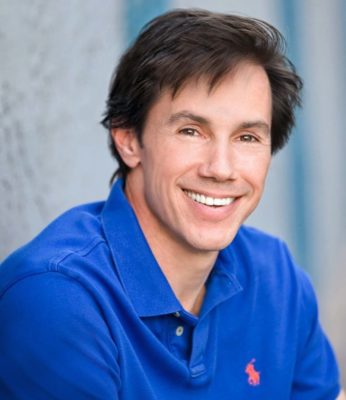 Jason Hartman is the Founder of the Platinum Properties Investor Network and host of the Creating Wealth podcast, which is heard in more than 180 countries. Jason is a genuine self-made multi-millionaire and serial entrepreneur who owns 21 businesses in investing, financing, real estate development, and SaaS software. He has owned properties in 11 states, had hundreds of tenants, and been involved in several thousand real estate transactions. He has visited 83 countries, enjoys adventure, fitness, and lifelong learning.
Jason Hartman is the Founder of the Platinum Properties Investor Network and host of the Creating Wealth podcast, which is heard in more than 180 countries. Jason is a genuine self-made multi-millionaire and serial entrepreneur who owns 21 businesses in investing, financing, real estate development, and SaaS software. He has owned properties in 11 states, had hundreds of tenants, and been involved in several thousand real estate transactions. He has visited 83 countries, enjoys adventure, fitness, and lifelong learning.
Jason Hartman is the host of 23 podcasts with listeners in 189 countries, over 15,000,000 downloads, and over 5,000 episodes where he shares powerful strategies for business, investing and living the good life. Check out his podcasts and resources at www.JasonHartman.com or www.HartmanMedia.com Available on iTunes and your favorite podcast platforms.
Love the show? Subscribe, rate, review, and share!

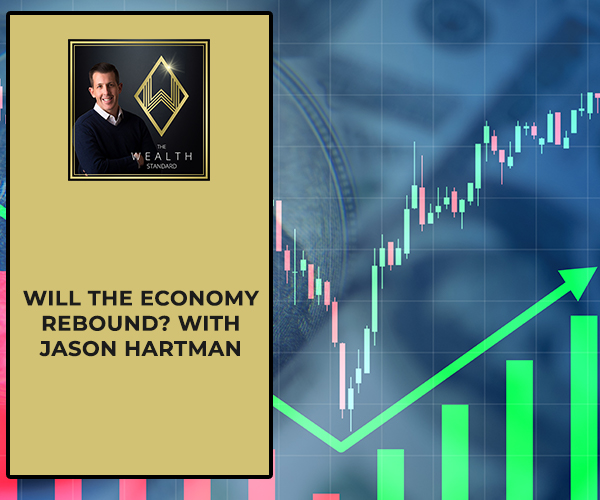
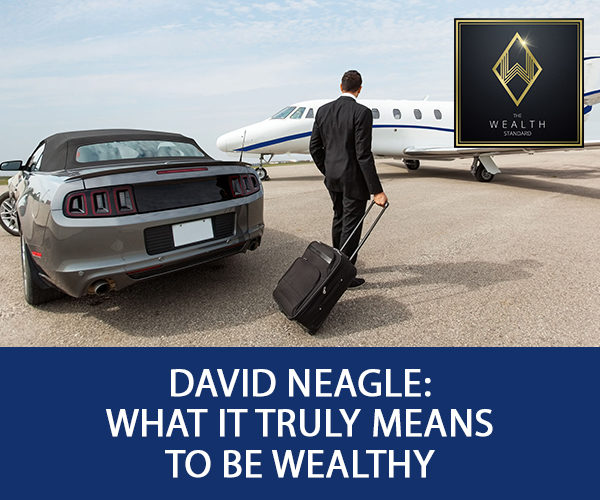
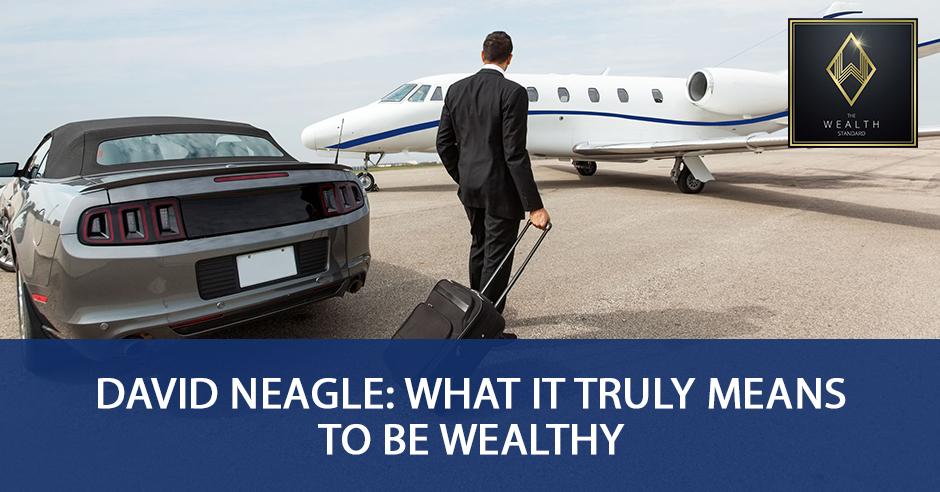
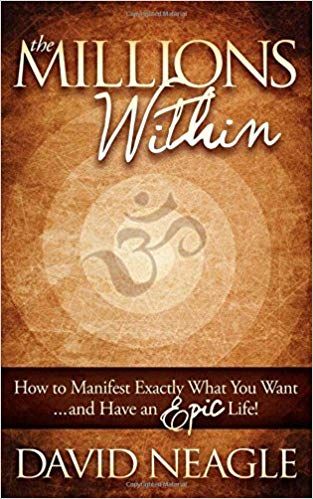
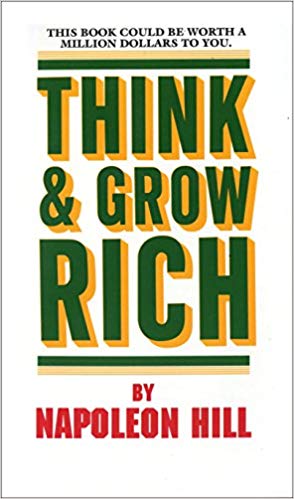


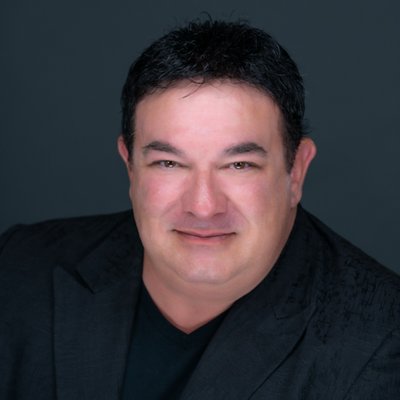
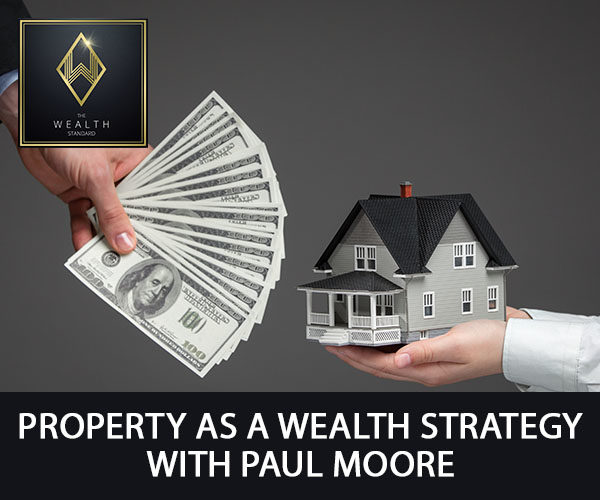
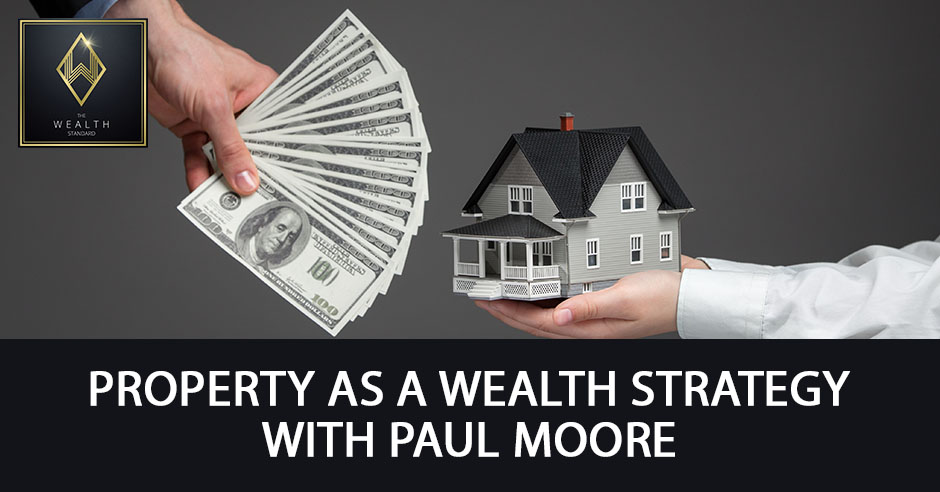
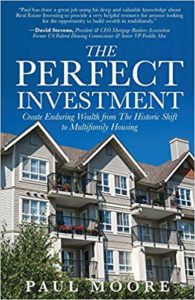



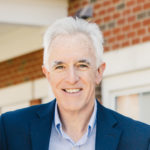 An expert in the real estate space, Paul Moore of Wellings Capital graduated with an MBA from Ohio State and entered the management development track at Ford Motor Company. After five years, he departed to start a staffing company with a partner. They sold it to a publicly traded firm five years later for $2.9 million.
An expert in the real estate space, Paul Moore of Wellings Capital graduated with an MBA from Ohio State and entered the management development track at Ford Motor Company. After five years, he departed to start a staffing company with a partner. They sold it to a publicly traded firm five years later for $2.9 million.